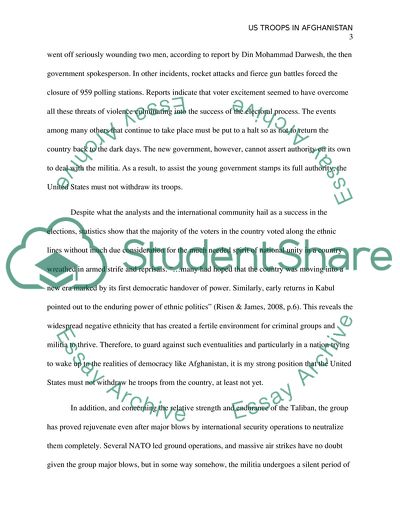Cite this document
(US Must Prolong the Presence of It Troops in Afghanistan Coursework, n.d.)
US Must Prolong the Presence of It Troops in Afghanistan Coursework. https://studentshare.org/military/1819002-political-geography
US Must Prolong the Presence of It Troops in Afghanistan Coursework. https://studentshare.org/military/1819002-political-geography
(US Must Prolong the Presence of It Troops in Afghanistan Coursework)
US Must Prolong the Presence of It Troops in Afghanistan Coursework. https://studentshare.org/military/1819002-political-geography.
US Must Prolong the Presence of It Troops in Afghanistan Coursework. https://studentshare.org/military/1819002-political-geography.
“US Must Prolong the Presence of It Troops in Afghanistan Coursework”. https://studentshare.org/military/1819002-political-geography.


